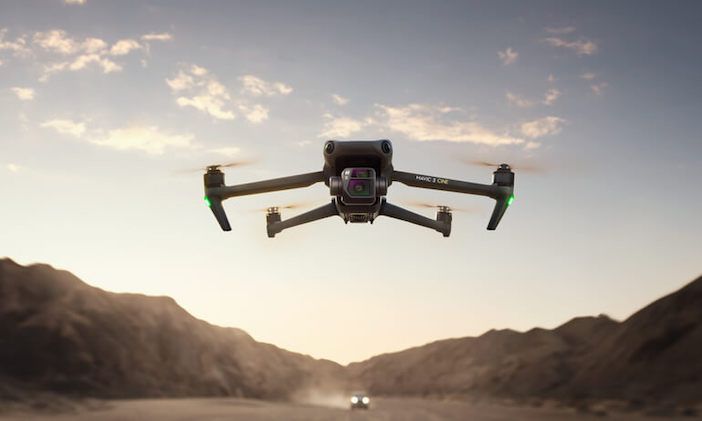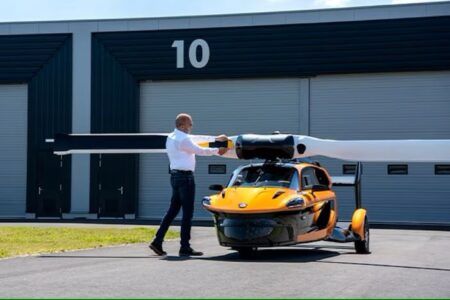DJI has received certification in Europe from TÜV Rheinland for its Mavic 3 series drone, enabling people to remotely pilot the drone without taking costly training and exams.
The C1 EU-type Certification under the new European Drone Regulation allows users of Mavic 3 series drones to fly in the new A1 Open Category, without passing the A2 “Remote Piloting License” exam.
Previously, drones of this design could only be operated there with an official permit to fly for most flight maneuvers.
Drones will have more freedom to fly in environments they have been restricted from without the C1 certificate – unless obtaining special permission after an additional lengthy administrative process.
The A1 Open Category in Europe means drones should never overfly large groups of people, but do not have to maintain a minimum horizontal distance of 50 meters from people, as is required without a C1 classification.
Drones already in use can have their firmware updated to make them C1-compliant. The C1 certification is valid across the European Economic Area – the EU plus Norway, Iceland and Liechtenstein.
The EU type examination TÜV Rheinland’s laboratories examined features such as mechanical strength, safe controllability in a range of flight and operating conditions, and compliance of the volume of the device of a maximum of 83 decibels.
To be certified, Class C1 systems must also have, among other things a remote identification system and a reliable data link as well as a data interface for a geo-awareness system to comply with airspace limitations.
Stephan Scheuer, head of the technical competence center of unmanned aircraft systems at TÜV Rheinland said, “TÜV Rheinland is an official Notified Body allowed to certify unmanned aircraft systems for classification according to the requirements of the new regulation which makes things easier for manufacturers and pilots.
“For TÜV Rheinland, this certification is also special because it is the first time in our 150-year history that we have certified an aircraft for its flight safety characteristics.”





